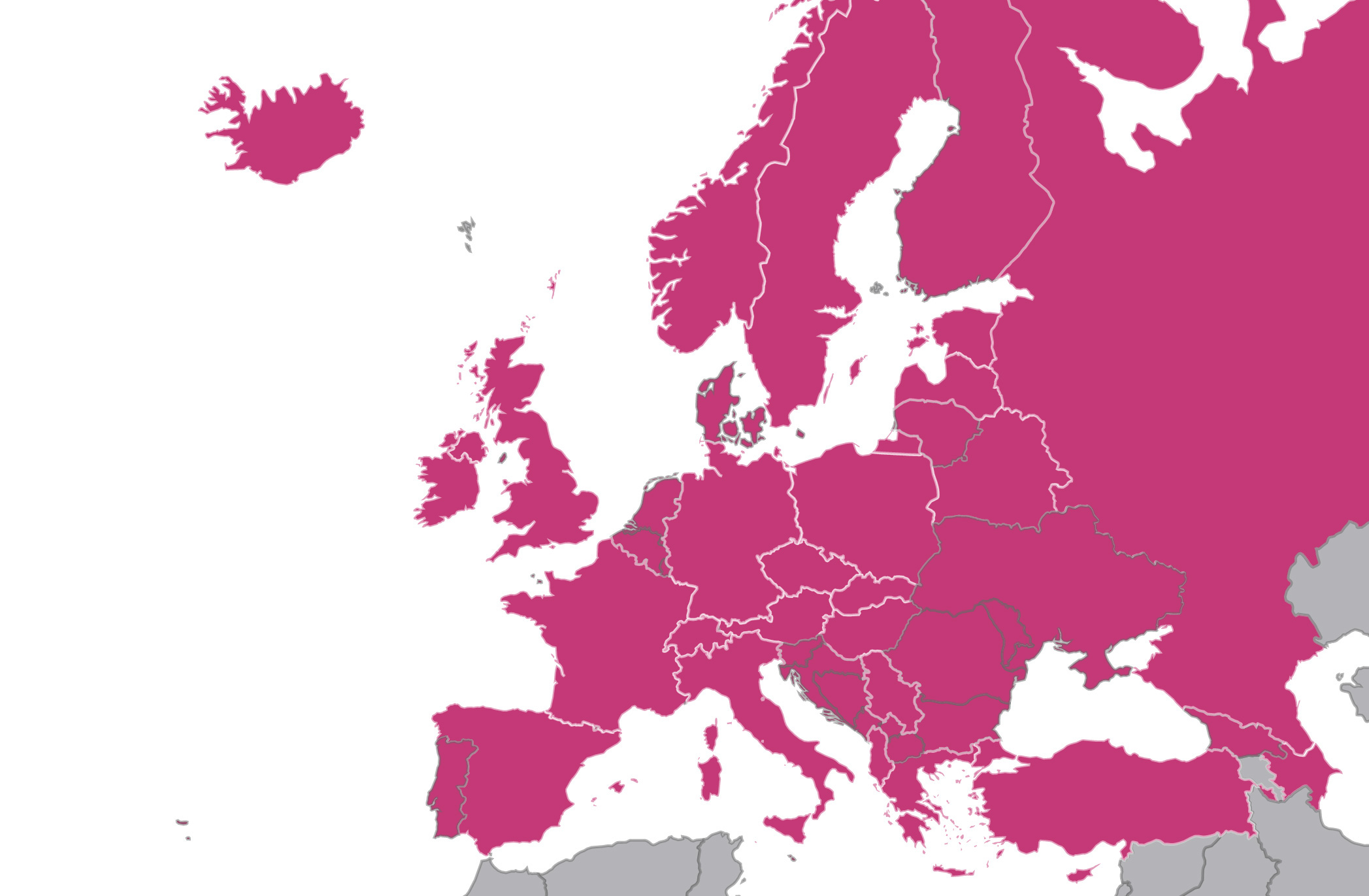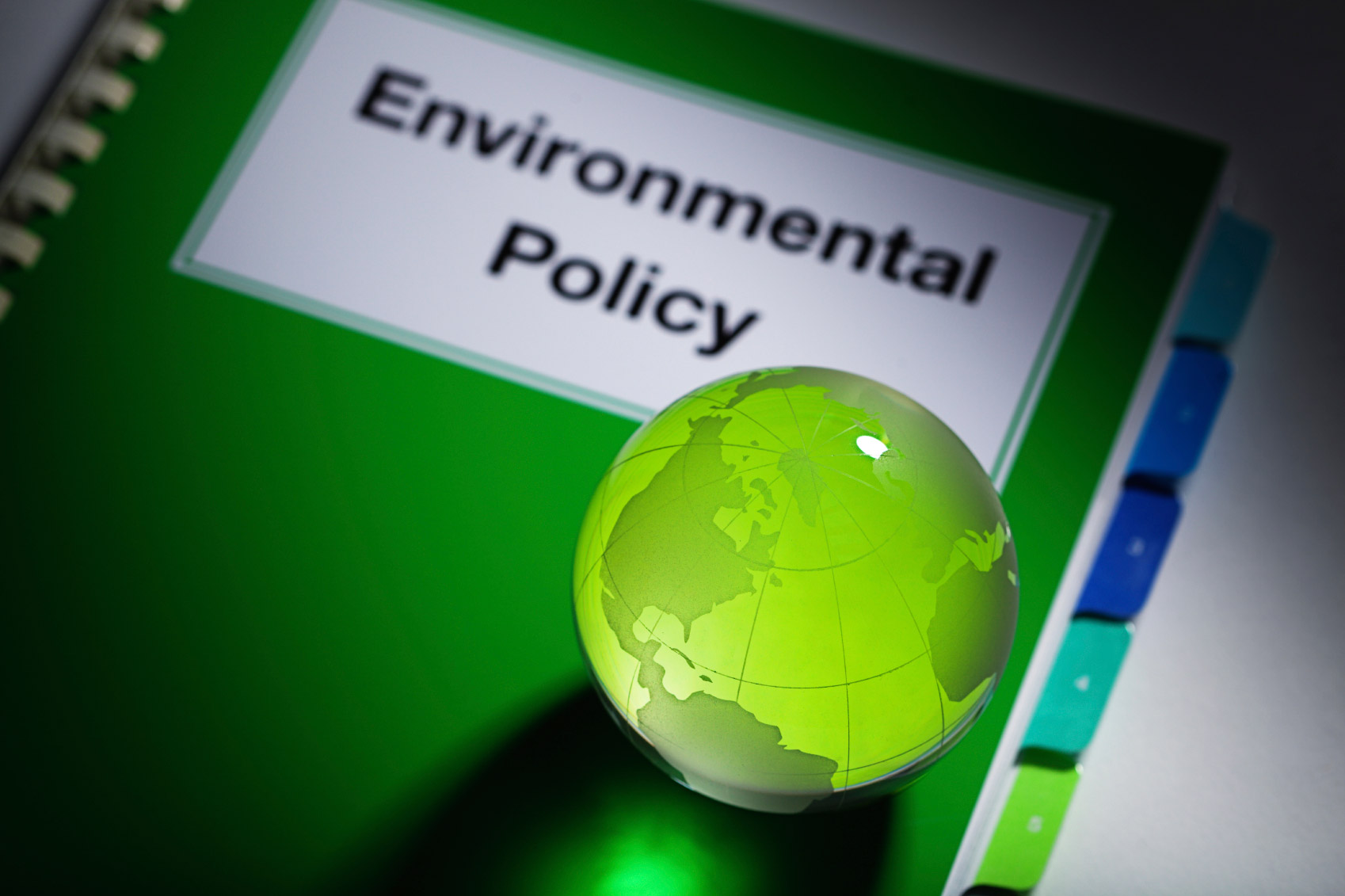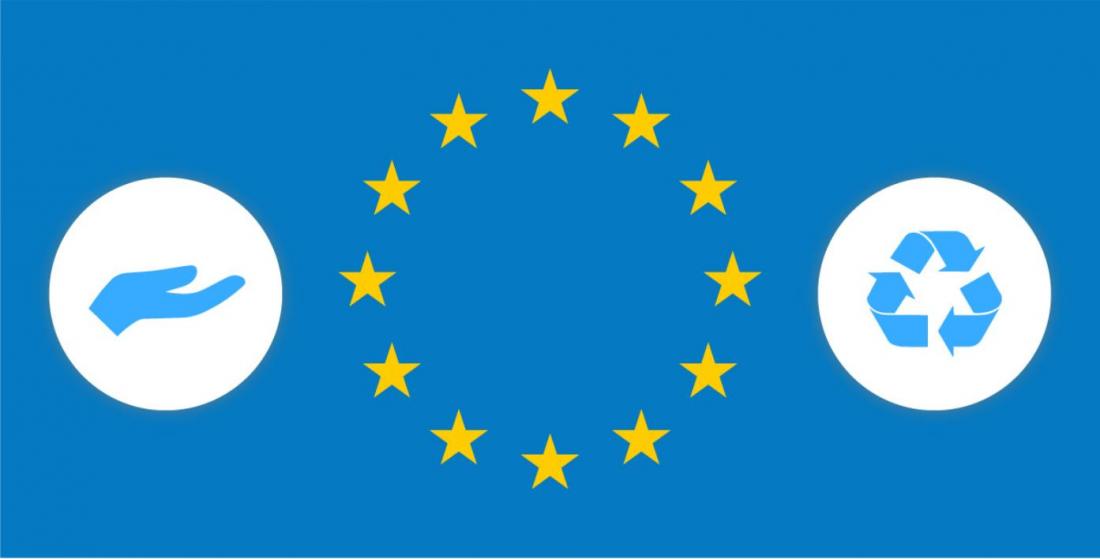
Taking the right steps emerging from the Covid-19 crisis
Before the Covid-19 crisis, the food service sector in general (comprised of contract catering, the small and large branded food & beverage service chains, and independent operators) has been a motor of the EU economy, with annual growth rates of the order of 5% or 6%. Within that, the growth of the leading branded food and beverage service chains (most of who are represented by Serving Europe) was closer to 10% or 12%. We serve a wide variety of food and drinks that are highly appreciated by our guests. We generate economic growth in local communities; provide much needed jobs (often to young people starting out or those who might not otherwise have easy access to the world of work); and offer a vital market for EU agriculture products.
Today we face another perspective. Every day the scale of the current and future economic impact becomes more evident. Businesses in the food service, restaurant and hotel sector have been hit harder than most. In all EU countries it appears that these businesses will be among the last to be able to operate “normally” again. There are important questions as to what the “new normal” will mean in practice, not just from an operational but also from a consumer confidence and customer behaviour point of view. With many people expected to continue to work from home, sparsely populated or empty office buildings will translate into fewer meals served out of home.
The business of the branded food and beverage service chains is based on a franchising model. For the most part, our food and drinks are thus made available to customers by small or medium sized enterprises that support the development of the local economy and promote entrepreneurship. Our franchisee partners provide full, part time and flexible jobs to millions of Europeans as well as opportunities for personal career development. We are working to support them in every way as best we can in these difficult times. That said, it is vital that the government funds and programmes made available in the short and longer term to rebuild the European economy support these enterprises because of the role they will play in rebuilding growth and employment in the EU.
In this regard, we note that the German government has authorised a temporary reduction in Value Added Tax (VAT) on food from 19% to 7%. Other governments are considering this too. Such action will help save jobs, assist food service businesses in repaying loans they may have taken to get through the crisis, and will help ensure that consumers have continued access to a diversity of restaurants and similar outlets. A VAT reduction of this nature needs, of course, to be linked to a reopening plan for the hospitality sector because, without sales, a lower level of tax has no effect. While we recognise that taxation is a Member State prerogative, we kindly request that the Commission promote such national action within the margins of the EU framework for VAT.
Another pressure point is, of course, rental payments. We would be grateful if the Commission would put its weight behind the introduction of rent support payments or deferments as another means to relieve the severe cash pressures that many businesses now face and will continue to feel. Sadly, small and medium-sized companies that might otherwise survive may go out of business when their cash, or access to it, runs out.
As we move forward, a coordinated EU-wide approach to rebuilding will be needed. We urge the Commission to take a lead in promoting unity and solidarity among Member States. We also call on you to ensure that the ambitions of the Green Deal and the new Circular Economy Action Plan are not left behind as the rebuilding process moves forward. Adjustment and flexibility will be key. We should all accept that there may be delays and that plans may need to be adapted, but not put aside. Certainly, we should learn from the experience of the Covid-19 crisis where this is relevant and be ready to revisit some of the accepted wisdom of the past.
During the pandemic, many of our members implemented measures to protect the health and safety of the people working in their outlets and operations and particularly in consideration of those facing the public. At the same time, these measures also aimed, of course, at protecting our customers and halting the spread of the virus. Before it became clear that the most appropriate action was to stop welcoming guests completely and offer contactless takeaway and delivery only, many businesses took the decision not to accept customer beverage containers in their stores for refilling. At the heart of this was a desire to ensure that hygiene was prioritised. This was understood and accepted by the vast majority of our guests.
As we emerge from the pandemic, we will have to weigh carefully when we can again accept customer cups for filling. We believe that it may be some considerable time before public health authorities, our frontline staff and our customers are ready to accept reintroduction of reusable containers. Our first obligation will always be to keep people safe. It is also true that we are not alone in this – we build on and execute government policy and requirements, including EU rules.
With this in mind, we were disappointed that Executive Vice-President Timmermans, when addressing the European Parliament last month in remarks that were widely quoted, missed the opportunity to take a more balanced view of the request from others in industry to reconsider the programme and manner of implementation of the so-called Single Use Products Directive.
This law was adopted in mid-2019 and is due to be implemented by Member States as of mid-2021. Just over a year ago, Commissioner Vella formally and candidly stated in Strasbourg that the timetable for implementation was very ambitious and that the preparatory work needed would be a challenge for the Commission to meet. The reason for this situation was precisely because the normal legislative preparatory work had not been carried out under the Commission’s own better regulation procedures.
While there is no evidence to suggest that Covid-19 is a foodborne disease, the point is that handling potentially contaminated re-usable customer containers certainly presents a real risk for transmission of the virus. This situation underlines the need for a considered and balanced approach to single use where public health is concerned. It was and is vital – as many health care establishments will testify – to have access to hygienic single use containers for serving food and drinks safely. This will continue to be the case in the future, especially in light of the Covid-19 experience, to cater for consumption on-the-go. Furthermore, for all we know, the next major public health threat could also be foodborne.
Abruptly rejecting the idea that there is an evident link between hygiene, public health, the prevention of the spread of Covid-19 and the measures in the Single Use Products Directive is precisely the “businessas-usual” approach that merits reappraisal by the Commission in the light of the harsh experience of the pandemic. We do not call for the Directive to be repealed nor do we oppose introduction of responsible re-use systems per se. On the other hand, we do request the Commission to take a much more considered, thorough and, where needed, flexible approach in ensuring the hygiene, public health and consumer and worker safety aspects of the implementation of the legislation. In managing Covid-19 and reducing the risk of transmission of similar diseases in the future, single use items are part of the solution.
This is especially so given that the measures contained in the Directive were put forward and very rapidly adopted without any of the practical, economic and scientific assessments (including on hygiene, public health and consumer/worker safety) that are usually carried out by the Commission before putting forward legislation. Typically, such assessments are relied on by the other EU institutions as a basis for decision-making.
We kindly ask the Commission to ensure that implementing measures and guidance from the Commission to Member States in relation to this Directive make it perfectly clear that hygiene, public health and consumer/worker safety must be thoroughly assessed by Member States before deciding upon and implementing measures that may otherwise unintentionally put their populations at risk. Furthermore, life cycle assessment must be used where relevant to establish the most all round sustainable solutions.
If these requirements result in delays in implementation, then this should be tolerated. We do not need to give up the prize of a cleaner environment but not at the cost of putting hygiene and people’s health at risk. Better safe than sorry.
Many Europeans have lost confidence in our systems for living during the ongoing Covid-19 pandemic and along with this they have lost some degree of trust in government. Scientific expertise and on-the-ground experience is increasingly seen as authoritative. This is a welcome evolution in our view. We believe that it would be vital now to rebuild both confidence and trust by demonstrating that consumer and worker health and safety are properly addressed in the Single Use Products Directive taking fuller account of science and practical experience.
Serving Europe would like to reiterate its commitment to support and coordinate with the Commission so that the situation is managed under the best conditions possible.
Pdf version here.
























